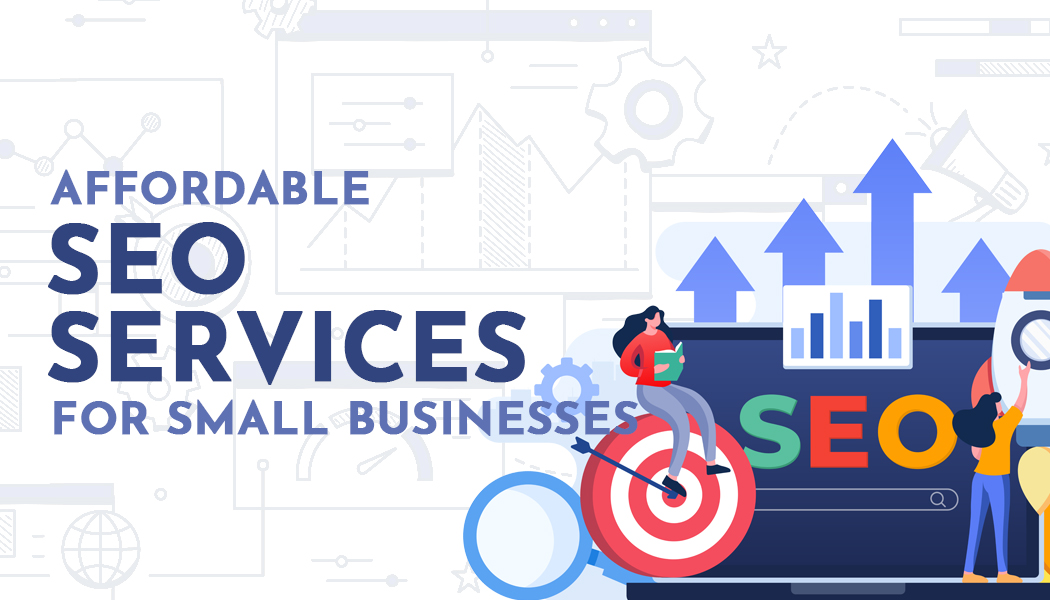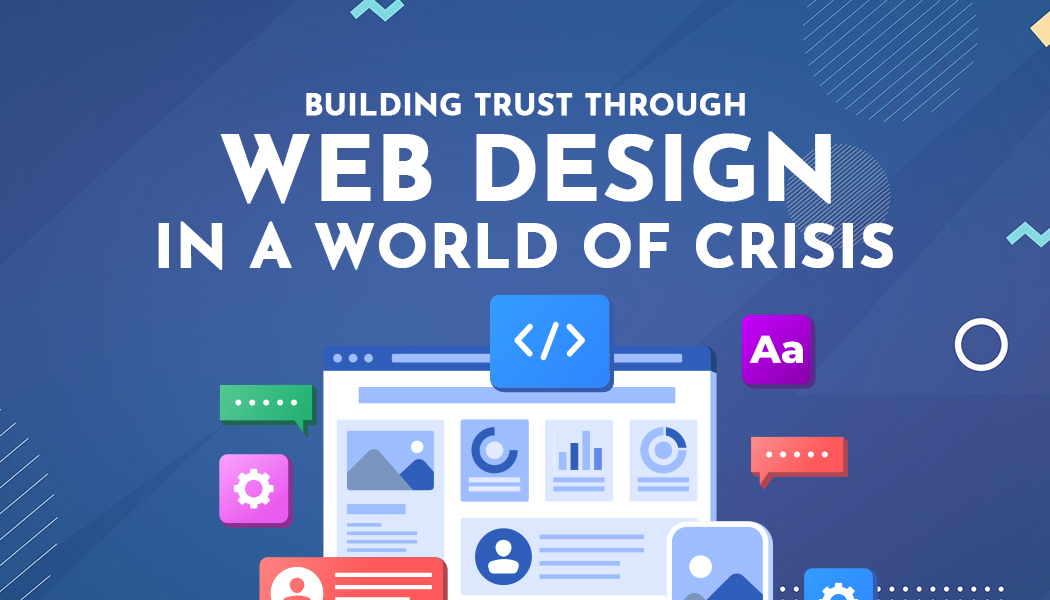Affordable SEO Services For Small Businesses
SEO (Search Engine Optimization) doesn’t need to be costly to benefit small businesses. Whether you’re new to SEO or looking to refine your strategy, plenty of affordable services can significantly improve your website's visibility. In this post, we’ll explore 10 affordable SEO services for small businesses, focusing on both essential services and advanced strategies to help you succeed online.
Why Small Businesses Should Invest in SEO?
Search engine optimization (SEO) is an essential tool for small businesses to succeed online without the hefty costs of traditional marketing methods like pay-per-click (PPC) advertising. SEO allows small businesses to compete in the digital world by improving their website’s visibility and organic search rankings over time.
Unlike paid ads, which require ongoing investments, SEO is a long-term strategy. While it might take anywhere from 6 to 12 months to see significant results, once your SEO strategy gains momentum, you can maintain the rankings with minimal maintenance. The impact is long-lasting, making it a valuable investment for small businesses.
SEO also helps small businesses reduce their dependence on expensive advertising campaigns, and it can bring in steady, organic traffic. Plus, SEO results build over time, unlike short-term paid campaigns that stop delivering results as soon as the budget runs out.
What is the Average Cost of SEO Services?
The cost of SEO services varies depending on the type of services you need, the expertise of the provider, and the size of your business. On average, small businesses invest anywhere between $200 to $500 per month in SEO services. This may seem like a big commitment at first, but consider this: small businesses that spend over $500 per month on SEO are more than 50% more likely to report being "extremely satisfied" with their results compared to those who spend less.
The great news is that there are affordable SEO options for small businesses, especially when working with freelancers or smaller agencies. While high-end agencies can charge thousands per month, many affordable SEO packages cost as little as $99 for basic services. It’s essential to weigh the benefits of different pricing structures and consider long-term returns rather than just upfront costs.
4 Basic Affordable SEO Services for Small Businesses
These foundational SEO services can give your website the boost it needs to start ranking higher in search results. Whether you choose to manage these services in-house or outsource them, they are essential for any successful SEO strategy.
1. SEO Audit
Before starting any SEO efforts, an SEO audit is critical. This is a thorough assessment of your website to determine how well it currently performs in search engine results and to identify any areas for improvement. A good SEO audit will examine the following:
- Competitor Benchmarking: Compare your website’s performance against competitors in your industry.
- Crawlability & Indexing: Ensure that search engines can crawl and index your website's pages.
- Backlink Profile: Review the quantity and quality of backlinks to your site.
- Keyword Analysis: Evaluate your website’s ranking for relevant keywords.
- On-Page SEO: Check your site’s internal structure, including title tags, meta descriptions, headers, and content.
- User Experience (UX): Assess site usability, mobile optimization, and page load times.
An SEO audit helps you identify critical issues that may be hurting your site’s search engine performance, and it sets the foundation for creating an effective SEO strategy.
2. Keyword Research
Keyword research is the process of finding and analyzing the words and phrases your target audience is searching for. This is a crucial step in SEO because it helps ensure that your website is targeting the right keywords that will drive relevant traffic. Here’s what you need to focus on during keyword research:
- Search Volume: The number of searches for a particular keyword. Targeting high-volume keywords helps attract more visitors.
- Keyword Difficulty: How hard it is to rank for a specific keyword. High-difficulty keywords are often more competitive and may require more resources.
- Search Intent: Understanding whether users are searching for information, products, services, or solutions will help you create content that matches their needs.
By strategically using keywords throughout your website's content, meta tags, and blog posts, you can significantly increase your chances of appearing in relevant search results.
3. Technical SEO
Technical SEO focuses on optimizing your website’s backend infrastructure to improve its crawlability and indexability. Search engines like Google need to be able to read and understand your site easily, and technical SEO ensures this happens. Important aspects of technical SEO include:
- Page Speed Optimization: Faster websites are more likely to rank higher and provide better user experiences. Tools like Google PageSpeed Insights can help you identify areas for improvement.
- Mobile Optimization: With mobile-first indexing, Google prioritizes the mobile version of your site. Ensuring your website is mobile-friendly is essential.
- Fixing Crawl Errors: Identifying and fixing 404 errors and broken links will help search engines crawl and index your pages without interruptions.
- Schema Markup: Adding structured data to your website helps search engines understand your content better and can lead to rich snippets in search results.
By focusing on technical SEO, you ensure that search engines can index your site properly, which can directly impact your rankings.
4. Local SEO
For small businesses that cater to a local audience, local SEO is crucial. Local SEO helps your business show up in local search results when potential customers search for services or products in your area. Key aspects of local SEO include:
- Google My Business (GMB): Claiming and optimizing your GMB listing ensures your business appears in Google’s local map results.
- Local Keyword Optimization: Use location-based keywords throughout your website and content to target customers in specific geographic areas.
- Local Citations: Ensure your business name, address, and phone number (NAP) are consistent across online directories and websites.
Local SEO drives more foot traffic to your physical store and increases your visibility in localized search results.
6 Advanced Affordable SEO Services for Small Businesses
Once you've nailed the basics, you can consider implementing advanced SEO services to take your online presence to the next level. These strategies help improve your site’s authority, user engagement, and overall rankings.
5. Link Building
Link building is the process of acquiring high-quality backlinks from other websites. Backlinks are a major ranking factor for Google, and the more authoritative and relevant sites that link to your pages, the higher your site will rank. Strategies for effective link building include:
- Guest Blogging: Writing guest posts on other relevant blogs with a link back to your website.
- Content Marketing: Creating shareable content that naturally attracts backlinks.
- Influencer Outreach: Asking influencers or industry experts to share your content or link to your website.
Link building can be a time-consuming process, but it is a powerful way to increase your website’s authority and ranking potential.
6. Content Creation and Optimization
Creating fresh, high-quality, and optimized content is key to SEO success. Content creation helps you target long-tail keywords and provide valuable information to your audience. Here are the best practices:
- Optimize for Keywords: Ensure that the content targets relevant keywords without keyword stuffing.
- Engaging Content: Create content that resonates with your audience and answers their questions or solves problems.
- Regular Updates: Consistently updating old content with new information signals to Google that your content is fresh and relevant.
By producing valuable content regularly, you not only improve your SEO but also build trust and credibility with your audience.
7. Social Media Integration for SEO
While social media doesn’t directly impact search engine rankings, it can amplify your SEO efforts. By sharing your content on social media platforms, you increase the visibility of your website, build brand recognition, and generate referral traffic. Here's how to integrate social media with SEO:
- Shareable Content: Post engaging content that encourages likes, shares, and comments, which can increase the chances of your content being seen by a larger audience.
- Brand Consistency: Ensure your social media profiles are optimized and consistent with your brand’s message.
- Social Proof: Having an active social media presence boosts your credibility and trust with both users and search engines.
Social media can drive traffic to your website, help you build a following, and enhance your overall SEO strategy.
8. Local SEO Optimization
As mentioned earlier, local SEO is vital for small businesses targeting a local customer base. In addition to optimizing your Google My Business profile, you should focus on:
- Local Reviews: Encourage customers to leave reviews on your GMB profile, Yelp, and other relevant platforms. Positive reviews increase your visibility and trustworthiness.
- Location-Based Content: Create content that speaks to your local community or targets local events or trends.
- Mobile Optimization: A significant portion of local searches is done via mobile, so ensuring that your site is mobile-friendly is a must.
Local SEO is an essential strategy for businesses with a physical presence or those looking to target customers in specific geographic areas.
9. E-commerce SEO
If you run an e-commerce website, SEO is vital for driving organic traffic and increasing sales. Strategies for optimizing an e-commerce site include:
- Product Page Optimization: Optimize product descriptions with relevant keywords and ensure that each product has a unique description.
- Title Tags & Meta Descriptions: Use compelling title tags and meta descriptions to entice users to click on your products in search results.
- Mobile Optimization: Since mobile shopping is on the rise, ensuring your e-commerce site is mobile-friendly is crucial for success.
E-commerce SEO helps improve visibility in search results, which can increase the chances of users clicking on your product pages and making a purchase.
10. Video SEO
Videos are an incredibly effective way to engage your audience and improve your SEO. With platforms like YouTube, optimizing your video content can significantly enhance your online visibility. Video SEO best practices include:
- Optimized Titles & Descriptions: Use targeted keywords in video titles and descriptions to ensure they rank well in search results.
- Captions and Transcripts: Adding captions or transcripts to videos improves accessibility and gives Google additional content to index.
- Engaging Thumbnails: Custom thumbnails can increase click-through rates on platforms like YouTube and Google.
Videos help improve user engagement, and with proper optimization, they can rank well in search results and drive organic traffic to your website.
Conclusion
By implementing both basic and advanced SEO strategies, small businesses can significantly enhance their online presence and visibility. While it may take time for results to become evident, investing in affordable SEO services will pay off in the long run with increased website traffic, better brand recognition, and higher conversion rates. Whether you handle SEO internally or work with a professional, consistency and quality content are key to successful SEO.
Businesses looking for affordable SEO services can consider working with an experienced SEO company WebAllWays to help optimize your website and improve your online visibility.




